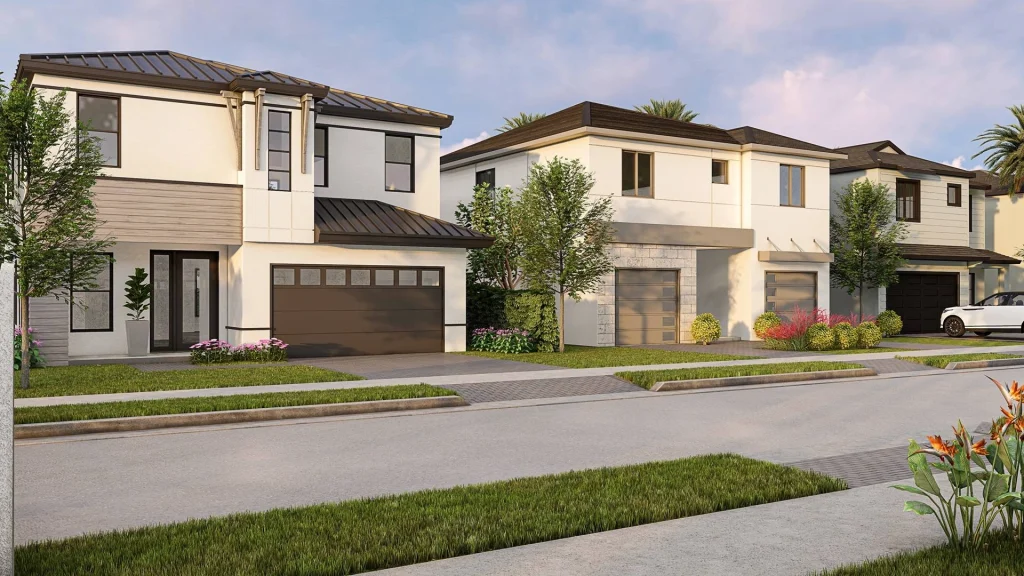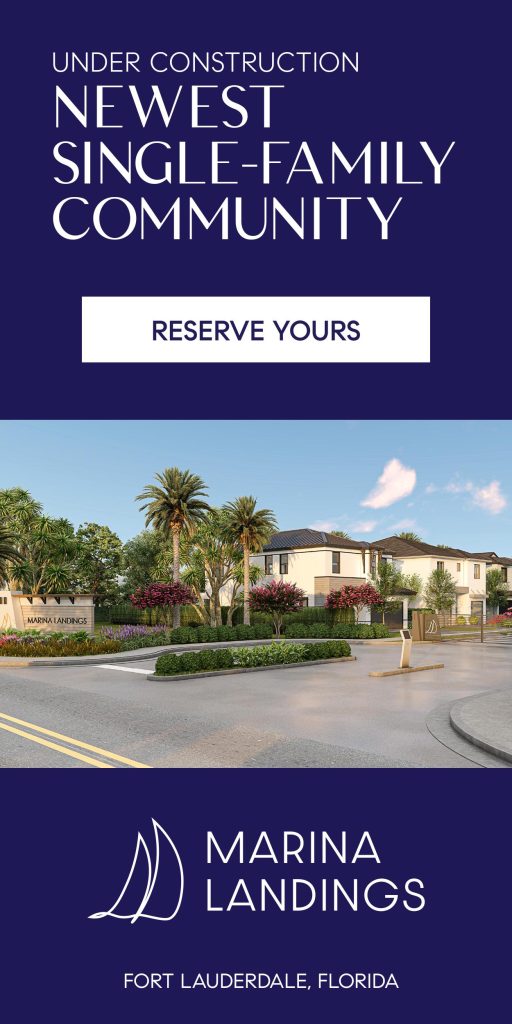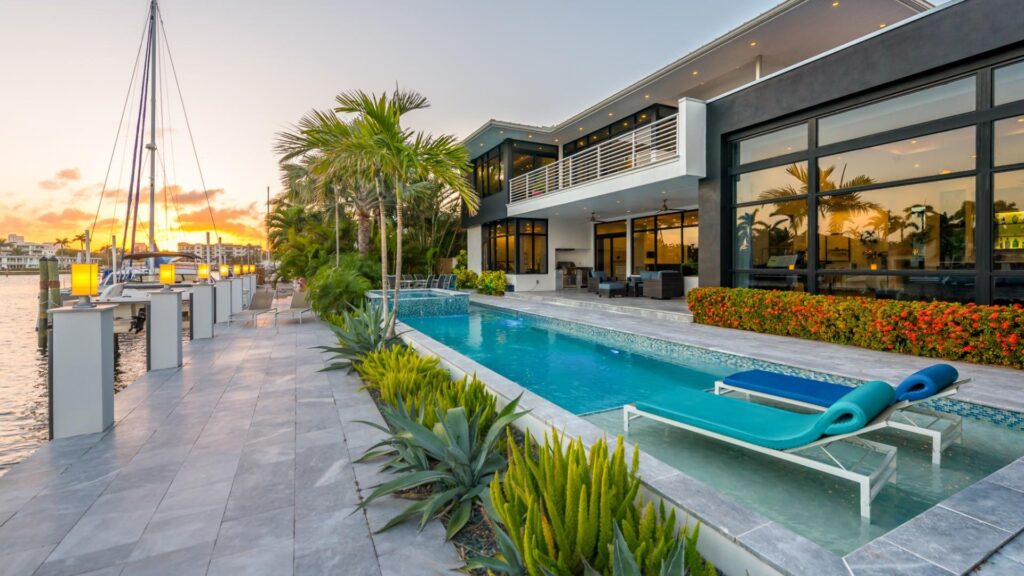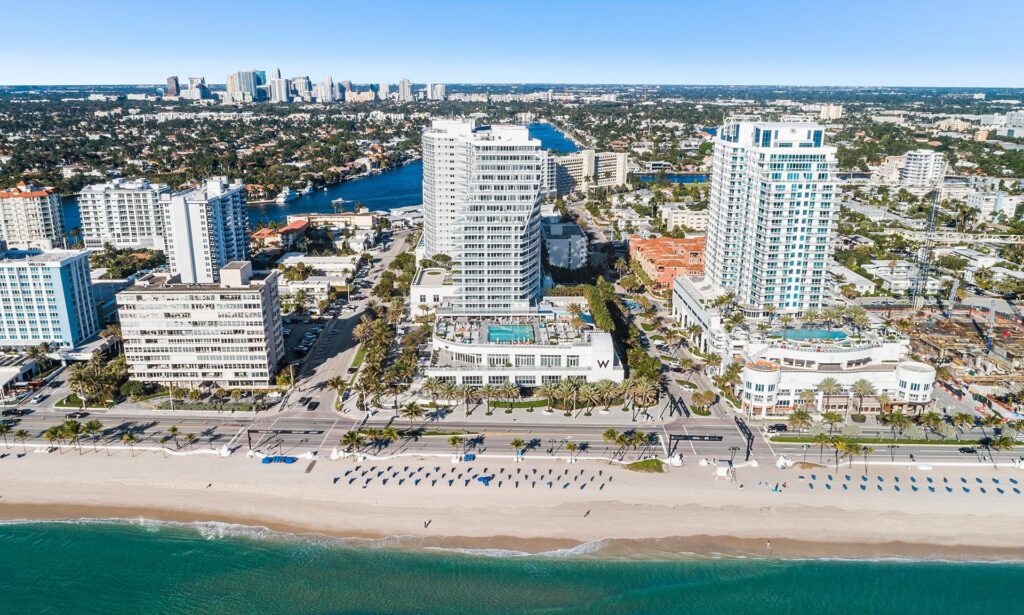One of the most important decisions when buying a home is choosing between new construction and an existing home. Both options have unique advantages and drawbacks, depending on your lifestyle, preferences, and financial goals. In this guide, we’ll dive deep into the pros and cons of each option, explore key considerations, and help you make an informed decision.
Advantages of Buying New Construction Homes
1. Modern Features and Technology
New homes have the latest appliances, smart home technology, and modern layouts catering to contemporary living needs. Open floor plans, larger kitchens, and energy-efficient designs are standard features.
2. Energy Efficiency
Builders use advanced materials and techniques to make new homes more energy-efficient. This means lower utility bills and a reduced environmental impact.
3. Customization Options
With new construction, buyers often can personalize their homes by selecting finishes, layouts, and appliances.
4. Lower Maintenance Costs
Since everything is brand new, significant systems like HVAC, plumbing, and roofing won’t require repairs for years, saving you money on maintenance.
5. Builder Warranties
Most new construction homes have warranties, providing peace of mind for unexpected repairs or issues.
Advantages of Buying Existing Homes
1. Established Neighborhoods
Existing homes are often in mature neighborhoods with established schools, parks, and community amenities.
2. Architectural Charm
Older homes may offer unique architectural details and rare craftsmanship in newer builds.
3. Move-In Ready
Unlike new construction, existing homes are typically ready for immediate occupancy without waiting for construction timelines.
4. Potentially Lower Costs
Depending on the market and location, existing homes can sometimes be less expensive than new builds. Additionally, negotiation opportunities may be more flexible.
5. Larger Lot Sizes
Older homes are often situated on larger lots, providing more outdoor space for gardening, entertaining, or future expansions.
Key Factors to Consider
1. Budget and Financing
New construction often comes with higher upfront costs due to customizations and upgrades, while existing homes might offer better value but require renovation expenses.
2. Location and Community
Determine whether you prioritize a well-established neighborhood or the chance to live in a newly developed community with modern amenities.
3. Timeline and Availability
Existing homes may be better if you’re on a strict timeline since new construction often involves delays.
FAQs
Are new construction homes more expensive than existing homes?
Generally, new construction homes have higher upfront costs due to customizations and modern features. However, they require less maintenance, which can save money in the long run.
Do existing homes have higher energy bills than new construction?
Older homes may have outdated insulation and appliances, leading to higher energy bills. Upgrading to energy-efficient systems can reduce costs.
Can I negotiate the price of a new construction home?
While builders may have fixed pricing, you can often negotiate upgrades or closing costs, depending on market conditions.
What is the biggest downside of buying an existing home?
The primary drawback is the potential for higher maintenance costs and renovations to update the home to modern standards.
How long does it take to close on a new construction home?
Closing on a new construction home can take several months or longer, depending on the builder’s schedule and construction progress.
Conclusion
The choice between new construction and existing homes depends on your priorities. A new construction home might be ideal if you value modern features, energy efficiency, and customization. On the other hand, if you prefer character-filled homes in established neighborhoods, an existing house could be a better fit.
For those seeking the perfect luxury home in Fort Lauderdale, the DOTOLI Group offers unparalleled expertise, matching you with your dream property.



















